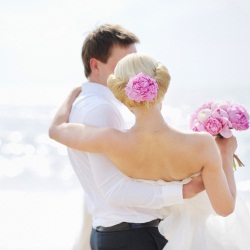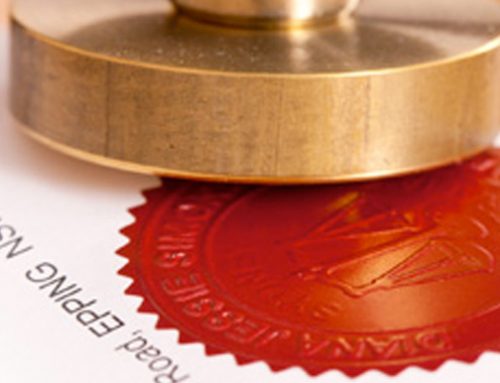
When Jack dies, Jill receives the whole of Jack’s estate, just as they had intended. Jill lives for another 10 years. She maintains a good relationship with Jack’s children. She does not change her will. Jack’s children are aware of the contents of Jill’s will and are confident that they will each receive a one-quarter share of Jill’s estate down the track.
When Jill dies, her children see a solicitor who tells them that when Jack and Jill were married, their marriage revoked the wills to the extent that the gifts to all of the four children are void. This is correct. If wills are not made “in contemplation of marriage” they are revoked or made void when the will-maker later marries.
Jill’s estate is therefore administered pursuant to the “laws of intestacy”. This means that if you die without a valid will, there are laws which dictate what happens to your estate. In this case, Jill’s two children are entitled to receive the whole of her estate. Jack’s children seek legal advice and are informed that because they never lived in the same household as Jill they are not eligible to make a claim against her estate and the “laws of intestacy” cannot be disturbed.
Jack’s children ultimately receive nothing from their father’s estate despite Jack and Jill’s best intentions. If Jack and Jill had made wills “in contemplation of marriage” or made new wills after their marriage this disaster could have been averted. This column cannot be relied upon as legal advice.






